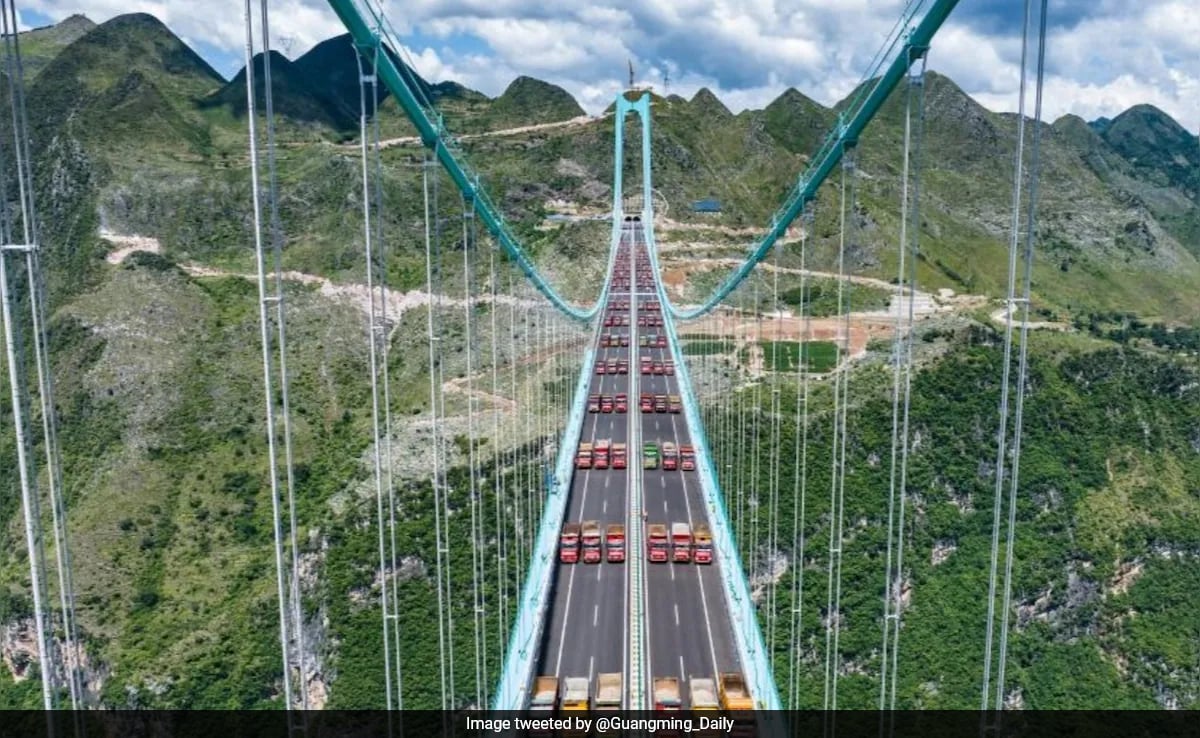It’s unclear whether the sanctions would be imposed or when.
The European Union’s top diplomat, Josep Borrell, told reporters Monday morning that the union was looking to broaden sanctions to target airlines and others who transported migrants from the Middle East to Belarus.
“The sanctions are always effective,” Borrell said. “They are effective because they effect people.”
European Commission spokesman Eric Mamer said later at a Monday afternoon news conference that the bloc is assessing which airlines may have aided in the effort and should be sanctioned.
Mamer said the commission is working on a legislative proposal that would enable the union to sanction airlines “involved in human trafficking.”
The crisis on Belarus’s borders with Europe began in June, when Lukashenko announced that Belarus would stop policing its borders in retaliation for tough sanctions announced by the E.U. on June 2, the fourth package since October 2020.
Borrell said union officials met with leaders of Middle Eastern countries in recent days and that they have mostly stopped the flow of migrants into Belarus. Many of the migrants are from Iraq’s Kurdistan region. Iraqi foreign ministry spokesman Ahmed al-Sahaf told local media that the country “will carry out a first flight Thursday for those who wish to return” from Belarus “voluntarily.”
Regular air links between Baghdad and Minsk have been suspended since August. Turkey banned citizens of Syria, Iraq and Yemen from flying from its airports to Belarus, while private Syrian carrier Cham Wings Airlines halted flights to Minsk on Saturday.
Belarus state airline Belavia said Monday that it will no longer accept citizens from Afghanistan, Iraq, Yemen and Syria who are traveling from Dubai, cutting the last major air route from the Middle East to Minsk.
“From the point of view of the inflow, things are becoming under control,” Borrell said. “But we have to provide humanitarian assistance to these people and prevent any type of hybrid attack again.”
As Belarus has become increasingly isolated from the West, it’s become more dependent on Russia, its most crucial ally. Lukashenko is unlikely to deliver on his threat to shut off the gas line to Europe without securing President Vladimir Putin’s approval first.
In an interview with state television Saturday, Putin said that Moscow has “absolutely nothing to do with” the border crisis and that he does not support Belarus cutting off the gas supply to Europe.
“There is nothing good about it and I will certainly talk to him about this issue, unless he just said it in the heat of the moment,” Putin said. “It would do more damage to Europe’s energy sector and would not contribute to the development of our relations with Belarus as a transit country.”
Rights groups have warned that conditions at border camps where migrants have gathered are expected to become especially treacherous as the weather gets colder this week.
Lukashenko said Monday that Belarus is ready to assist migrants who wish to return to their native countries, according to state media.
“But these people, I must say, are very stubborn,” he said. “No one wants to return. And it is clear: They have no where to return. They do not have housing there, they understand that there is nothing there to feed their children. Moreover, some fear for their lives if they return.
“I want you to understand that there is very active work in that direction, to persuade people to please come back home. But nobody wants to come back.”
The Polish Ministry of Defense said Monday that groups of migrants had been escorted by Belarusian border guards from a makeshift camp at the border to the official crossing point into Poland at Kuznica. It posted video showing scores of men, women and children, trudging down a muddy path, as a pair of armed men in uniform looked on. Another view from a helicopter showed a large crowed gathered at the border crossing, which is currently closed.
“The migrant march took place under the control of the Belarusian services,” the ministry tweeted. According to Polish police, there are some 3,500 migrants on the border. Border police released video of them setting up tents and starting camp fires at the crossing point.
Migrants who have reached Poland say that Belarusian border guards regularly moved people along the fence in an attempt to pressure Poland.
“When they wanted to bother the Polish guards they would gather us,” said one Syrian, who declined to be named for fear it would impact future asylum claims. “Sometimes they would gather us in groups to make demonstrations.”
Many of those who have managed to cross have recounted how Belarusian border guards actively helped them by cutting through the fence or driving them up and down the border in vans to find easier crossing points. Some say Belarusian guards beat them if they were caught and turned around by Polish forces, pushing them over the border again, leading them to be ping-ponged between the borders for weeks with little food or water.
The threat of sanctions against airlines enabling travel to Belarus has made the journey to Minsk more difficult in recent days, according to several Iraqis trying to get there. Iraq has said it will begin rescue flights for its citizens who are trapped and want to come home.
One 28-year-old Iraqi Kurd who did not wish to be named for fear it could impact his ability to get into Europe said he missed his first flight to Minsk last week after being held up for questions by passport control at the airport in Istanbul.
He said he tried again a few days later, but by that point Iraqis had been banned from flying and were denied boarding. He spent more than $4,000 for his flights and visa, and has so far been unable to get a refund.
“I feel disappointed,” he said after buying a flight home to Iraqi Kurdistan on Monday. “Now we are back to the starting point.”
He said that he was not frightened by the situation at the Belarus border, even as Polish police report deaths in the woods as temperatures drop below freezing.
“At least those people, they will find something, they have hope,” he said. “In Iraq, even if we stay here a hundred years, we will not find hope.”
Mary Ilyushina in Moscow and Quentin Aries in Brussels contributed to this report.
.png)











 English (United States) ·
English (United States) ·  Turkish (Turkey) ·
Turkish (Turkey) ·